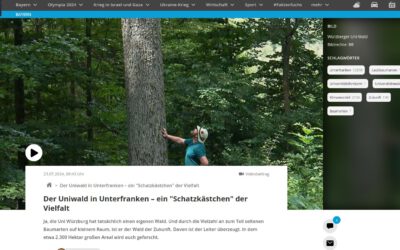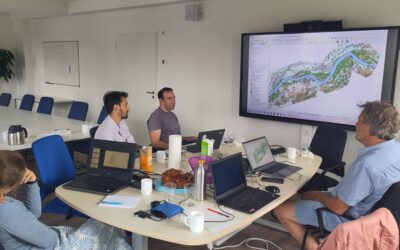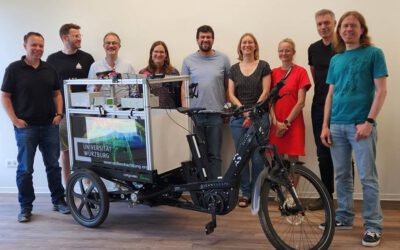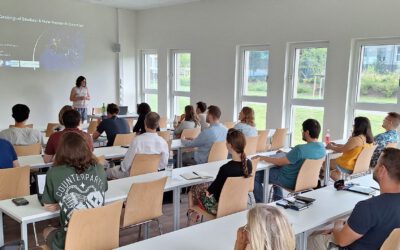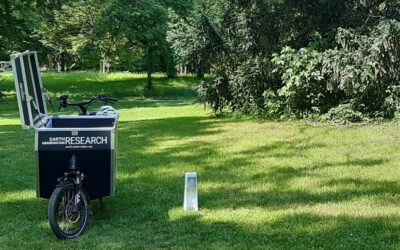A new paper titled „Quantifying Uncertainty in Slum Detection: Advancing Transfer-Learning with Limited Data in Noisy Urban Environments” has just been published by Thomas Stark, Michael Wurm, Xiao Xiang Zhu and Hannes Taubenböck in the IEEE Journal of Selected Topics in Applied Earth Observations and Remote Sensing. The researchers from the German Aerospace Center (DLR) in Oberpfaffenhofen, the EORC of the University Würzburg, and the Technical University in Munich
tackled the challenging task of classifying slums amidst noisy datasets.
Abstract: In the intricate landscape of mapping urban slum dynamics, the significance of robust and efficient techniques is often underestimated and remains absent in many studies. This not only hampers the comprehensiveness of research but also undermines potential solutions that could be pivotal for addressing the complex challenges faced by these settlements. With this ethos in mind, we prioritize efficient methods to detect the complex urban morphologies of slum settlements. Leveraging transfer-learning with minimal samples and estimating the probability of predictions for slum settlements, we uncover previously obscured patterns in urban structures. By using Monte Carlo Dropout, we not only enhance classification performance in noisy datasets and ambiguous feature spaces but also gauge the uncertainty of our predictions. This offers deeper insights into the model’s confidence in distinguishing slums, especially in scenarios where slums share characteristics with formal areas. Despite the inherent complexities, our custom CNN STnet stands out, delivering performance on par with renowned models like ResNet50 and Xception but with notably superior efficiency — faster training and inference, particularly with limited training samples. Combining Monte Carlo Dropout, class-weighted loss function, and class-balanced transfer-learning, we offer an efficient method to tackle the challenging task of classifying intricate urban patterns amidst noisy datasets. Our approach not only enhances AI model training in noisy datasets but also advances our comprehension of slum dynamics, especially as these uncertainties shed light on the intricate intraurban variabilities of slum settlements.
The full paper can be found here: https://ieeexplore.ieee.org/document/10416343
This study is related to earlier works in the thematic domain of slums and poverty mapping – see some examples here:
https://www.sciencedirect.com/science/article/pii/S0143622817309955
https://www.sciencedirect.com/science/article/pii/S0924271619300383
https://ieeexplore.ieee.org/document/9174807
https://www.sciencedirect.com/science/article/pii/S0264275120312531



